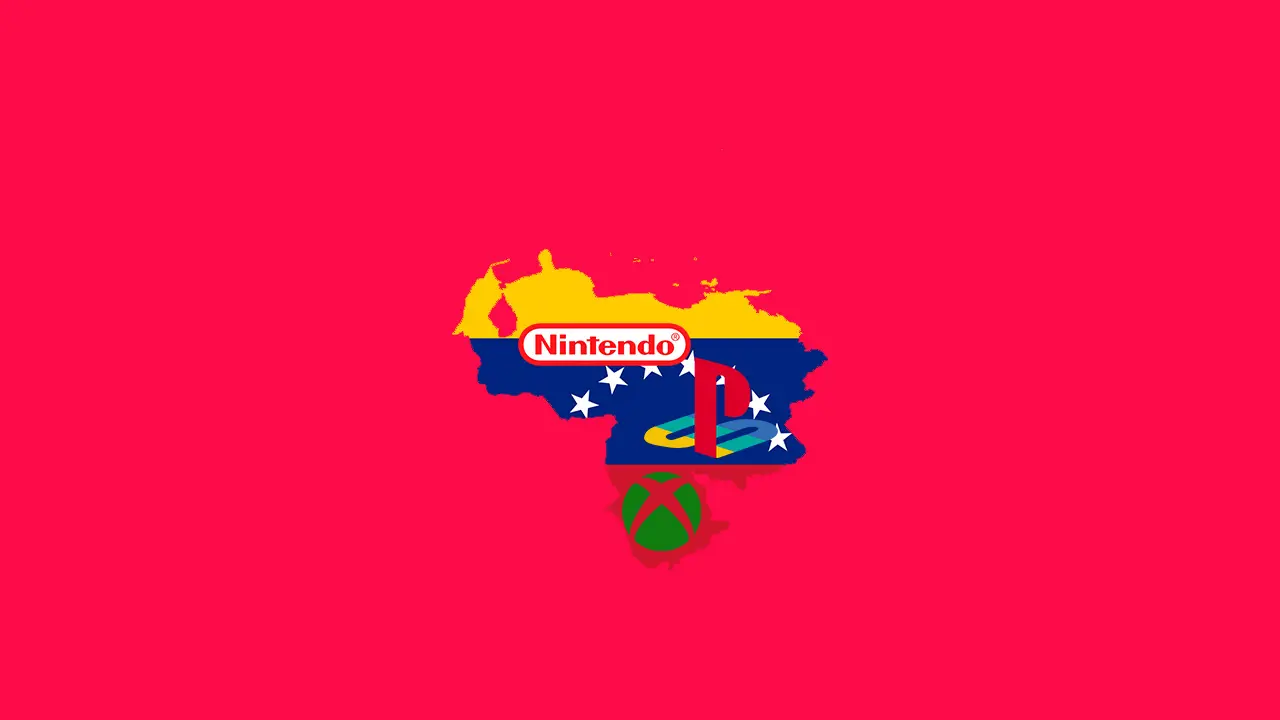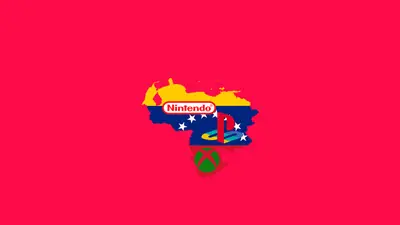
I remember when I was a little boy, I was introduced to video games thanks to my dad. He had a Nintendo 64.
I usually take a trip down memory lane to those days where my dad and I spent hours and hours playing Super Mario 64, Mario Kart, The Legend Of Zelda: Ocarina of Time, and Major League Baseball ft. Ken Griffey Jr.
I also remember that he then gave me the console because of my passion for Pokémon games. That memory is crystal clear because Nintendo launched Pokémon Stadium, which had the Transfer Pak included. He gave it to me along with a Game Boy Advance and a couple of games, including a few Pokémon games like Pokémon Yellow and Red for the Game Boy so I could crossplay the games with the N64 Transfer Pak.
Sounds like the perfect dream for an American kid, right? Well, surely it does, but I live in Venezuela. As far back as I can remember, a lot of people had N64s and other consoles: the Sega Genesis, Sega Saturn, PlayStation One. You could still even see some Ataris in many homes.
Venezuela was a dream back then because of that petroleum-based economy. Almost every home from the middle to upper class had a video game console at home. But how was it to grow up in Venezuela talking about video games? Was it easy to “catch ’em all?” What about piracy? How’s the actual video game situation? Well, keep reading…
Economic instability and piracy
How can we start talking about Venezuela without mentioning politics? Venezuela is a country with a really unstable economy for the last couple of decades or more. Electronics and technology are usually imported at a big mark-up. Not all countries will even import here because of corruption.
This situation was very influential on gaming in my country. Combined with low incomes, it was very easy for piracy to enter the scene. At first, it wasn’t that notable but the amount of piracy kept growing and growing. It began to be very noticeable on the street because you started watching a lot of street vendors selling burned-out CDs with pirated games for all the consoles; even the cartridge games weren’t safe.
Believe it or not, it was hard to find original games. Thanks to piracy, the prices of original games went high due to a matter of exclusivity and status. Having an original game back then was something to brag about with your friends because the majority had huge store bags for their games, but all of them were pirated games.
Console hacking is common
It was also a really common thing to hack your consoles as soon as you bought them. That’s because it was the only way a lot of people could afford to buy games. For example, it was very common to buy an R4 card for the Nintendo DS because of the lack of authentic games available and how overpriced they were. The Xbox 360 is another example where people usually exploited them with the infamous (at least here in Venezuela) R-JTAG. It allowed you to play Xbox and Xbox 360 games, emulators, and many more things that allowed people to save money, albeit through piracy.
Piracy has always been the main issue in countries where the income is really low. Venezuela is no exception. Despite the limited availability, video games have always been an influential thing. You can see people playing games that are a few years old to classic games. Super Mario Bros., Bomberman, Tetris, and Mortal Kombat have all been influential to the video game culture of the country, just as they have in America.
Consoles were more of the same but a little bit different. Even though the financial situation is hard, people always try to buy actual consoles instead of buying cheap knockoffs because those are usually dedicated just to emulate games for old consoles. For example, there were NES and SNES games that were 1000 games in one.
Consoles from past generations – from Xbox 360, PS3, and earlier – were easier to buy. Only a small group of citizens could afford to buy a PS4, Xbox One, Nintendo Switch, the last generation of consoles, or a gaming PC worthy of being part of the Master Race.
Gaming culture finds a way
These obstacles did not get in our way. We still traded Pokémon through link cables. We played four and even eight-people multiplayer games on the same screen. We played the latest games that were available even though you didn’t have the console. You still knew a friend that had it and didn’t mind telling you to come over and spend the day playing.
We competed in tournaments in our homes with friends to see who was the best one of all. Despite not having all the consoles and games, we still enjoyed playing video games in our childhood. Even in my mid-20s, we still manage to find time to play video games as we used to play when we were kids.
Conclusion
The video game scene here in Venezuela right now is kind of funny. As the world evolves around us, we still love playing our old consoles. The economic situation is still murky. Things are changing though.
For a lot of gamers, poverty hasn’t been a barrier to buy newer consoles, PC components, and games – or at least it’s less of one than before. That’s thanks to video game monetization and the in-game items marketplace. In the last couple of years, we have managed to become one of the biggest video game farming countries in games like Runeterra and World of Warcraft, generating wealth.
But we’ll save that story for another day.
